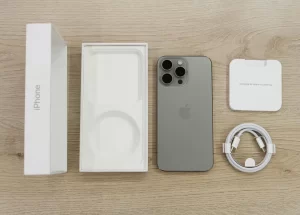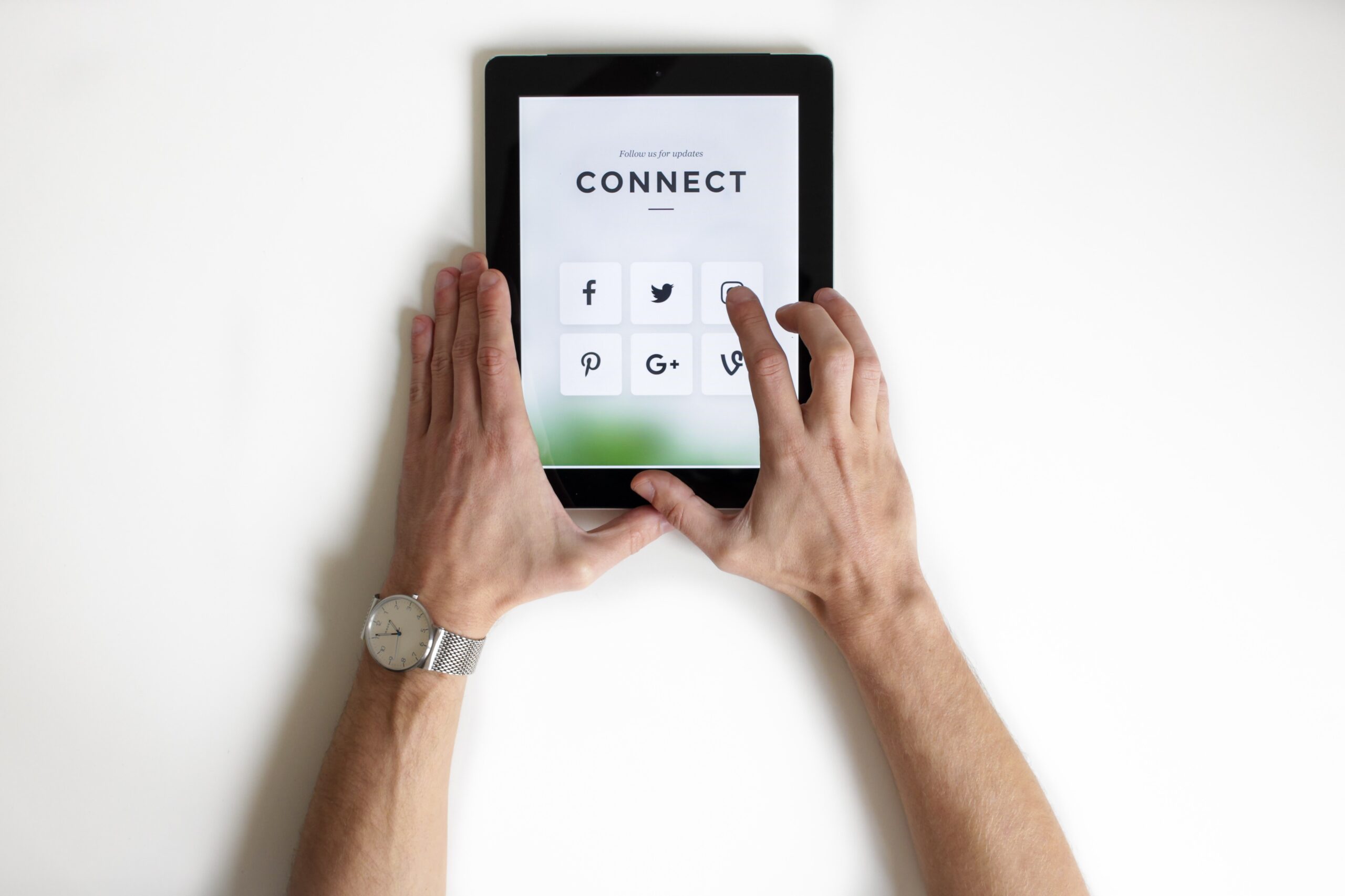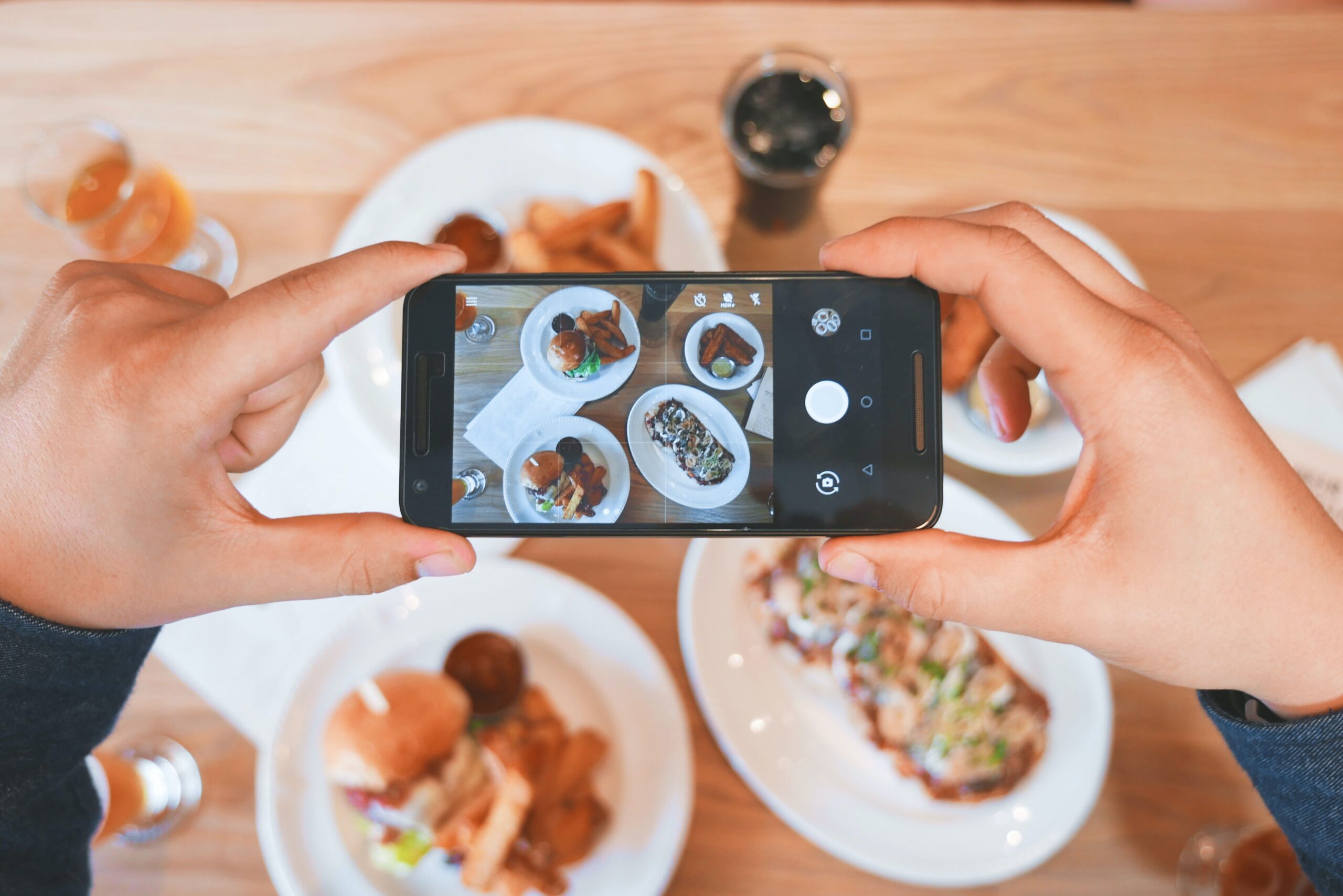Major social media platforms like Facebook, Twitter, and YouTube have restored former President Donald Trump’s social media accounts and privileges in recent weeks. Their choices will now be tested after his indictment in Manhattan’s Criminal Court and his probable future indictment elsewhere.
Trump returned to Mar-a-Lago following his court appearance, where he spoke to the media and broadcast his comments on Facebook Live. Using his position, he outlined several complaints against his alleged political rivals, such as intensifying baseless conspiracy theories around the 2020 election and characterizing his legal issues as “political persecution” intended to “interfere with the upcoming 2024 election.”
I can firmly state that our course is perilous since I was a whistleblower inside one of those big social media corporations. I have personal experience. While working at Twitter, I warned the company’s leadership for months that the coded language Trump and his supporters were using would incite violence on January 6, 2021, as I testified before Congress. On January 8, 2021, I also persuaded Twitter officials that if they did not heed my team’s advice to suspend Trump’s account indefinitely, they would have additional blood on their hands.
A few weeks later, Jack Dorsey, the former CEO of Twitter, testified before Congress that Twitter was involved in the Jan. 6 violence. Although the House Select Committee looked into it, the precise part social media played in the brutal Capitol attack has never been made public.
Days of in-depth testimonies concerning the shortcomings we witnessed firsthand were given before the committee by me, another courageous former Twitter employee, and staff members from other social media firms. However, the results of the team entrusted with investigating social media were not included in the committee’s over 900-page final report, which was published in early January 2023.
In late January, a draft of this team’s conclusions that had not yet been published was leaked. It presented a clear picture of social media corporations’ involvement in the Capitol attack. One of its main conclusions was that “the attack on January 6th was made possible by social media platforms’ delayed reaction to the rise of far-right extremism—and President Trump’s incitement of his supporters.”
The report didn’t end there, though. It continued by outlining serious flaws in particular social media platforms. It said that Twitter “failed to take actions that could have prevented the spread of incitement to violence after the election” and that “incompetence and poor judgment bungled key decisions at Twitter.” However, at the time these results were made public, Elon Musk, the new owner of Twitter, had restored the former president’s account after a Twitter poll.
The social media team of the committee concluded that Twitter was not solely to blame for permitting violence to be incited on its network in the days leading up to January 6. Instead, Facebook “did not fail to grapple with election delegitimization after the election so much as it did not even try,” according to the committee’s investigators. The investigators also pointed out that Facebook needed to evaluate the suspension of the former president. “President Trump could soon return to social media—but the risk of violence has not abated,” the draft report makes plain.
However, Meta declared that it would restore the former President’s accounts just a few days after the committee’s draft social media report was made public. After evaluating the significant risk to public safety and the present security environment, Nick Clegg, the company’s President of Global Affairs, declared confidently that “we determine that the risk has sufficiently receded.” “Mr. Trump is subject to our Community Standards,” he added cautiously.
One of the main conclusions of the committee’s draft social media report from January 6th also specifically mentioned YouTube. The “failure to take significant proactive steps against content related to election disinformation or Stop the Steal” was described in fine detail. Additionally, it found that “at the time, YouTube’s policies about election integrity were insufficient.”
Additionally, YouTube chose to restore Donald Trump’s posting rights last month. The decision was made after the platform “carefully evaluated the continued risk of real-world violence” and “the importance of preserving the opportunity for voters to hear equally from major national candidates in the run-up to an election,” according to Leslie Miller, vice president of public policy at YouTube. The former president’s account would continue to be governed by YouTube’s content moderation guidelines, just like Meta did.
How does this occur? How can a year-long congressional probe lead social media corporations to reach the exact opposite conclusion?
January 6th seems to have never occurred. We seem to have forgotten our lessons. Or perhaps we simply wish to forget.
I haven’t forgotten, though. I testified at a congressional hearing in February that brought to light the severe political polarization that is currently occurring in our nation.
Representatives referred to me as a “sinister overlord” and an “American hero” during the session. Members of the U.S. Congress informed me that I should be commended for telling the truth and that I would soon be arrested for unidentified offenses. Internet users uploaded pictures of nooses aimed at me during the hearing.
Since then, Congressmen who took an oath to defend the Constitution have persisted in their subtly suggested demands for a civil war in the United States on Twitter. Donald Trump rallied his supporters in Waco, where he glorified the Capitol attack, and wrote on Truth Social using language that closely echoed the dog whistles he used in the days preceding January 6, 2021, as he faced his indictment in New York City.
These historical recurrences were not ignored. When Trump appeared in court this week, the prosecutor expressed concern about the former president’s threatening remarks and posts on social media, including his promise of “potential death and destruction” following his indictment. The judge asked the defense attorneys to advise their client to “please refrain from making comments or engaging in conduct that has the potential to incite violence, create civil unrest, or jeopardize the safety or well-being of any individuals,” even though he did not issue a gag order.
Fortunately, there was no immediate political violence following Trump’s arrest, but the possibility of violence is still very real.
Companies’ decisions to reinstate the former president will be put to the test by Trump’s electoral campaign, ongoing state and federal criminal investigations, and his indictment in New York. The truth is that we have heard this assurance before, even though these firms have stated that the former president will now be bound by their regulations. Companies have previously violated their policies behind closed doors to shield Trump’s harmful remarks, as I testified. What evidence do we have that this time will be different, given Trump’s remarks on social media last week that allegedly resulted in a rise in death threats against the judge and prosecutor?
The fact is that these minimum policies are inadequate, even if platforms do choose to enforce their regulations. My team at Twitter argued for the development of a new, sophisticated policy that would forbid coded language, such as dog whistles, that could inspire violence when I spoke before Congress in 2020. Even if Trump’s base interpreted his remarks in a certain way, we weren’t permitted to put the policy into effect until after the Capitol was assaulted on January 6, 2021.
When this policy was removed and we saw that the rolled-back enforcement would unavoidably result in greater political violence, the other Twitter whistleblower and I both testified that we departed the firm in part. The riots in the capital of Brazil on January 8, 2023, demonstrated that businesses have yet to develop regulations that deal with coded or nuanced language and that anti-democratic tactics that instigate violence can still be used by international leaders and their supporters. It is now a commercially available playbook.
We are on an apocalyptic path as a result of the normalization of hate, dehumanization, and damaging disinformation in political debate on social media. Lawless acts have been encouraged by politicians who breach the boundaries of content moderation regulations in the name of unfettered connection with voters. In addition to not updating their policies to close these loopholes, several companies have reduced or eliminated the personnel in charge of moderating.
I urge business executives to take a cue from our recent past as social media businesses now reconsider whether to continue. Our democracy is in danger if we allow former President Donald Trump to regain control of the biggest social media sites and use his algorithmically amplified megaphone. It sends a message to potential authoritarians worldwide that there is a haven for harmful speech at American internet businesses, in addition to sending us down the same path toward bloodshed that we have already traveled.
Donald Trump has returned to the social media site that was once his preferred means of connecting with the nation, nine months after Elon Musk restored his account on the site that was formerly known as Twitter.
After months of instability, the return of Trump, who was once among the site’s most well-known, although contentious, users, may signal a sea change for the business now known as X. Trump, who is the front-runner for the Republican nominee in the 2024 presidential race, might draw a sizable audience with his over 87 million followers. However, if Trump chooses to start posting on the social network again regularly, it may also bring with it a new set of difficulties, particularly in its attempt to resurrect its ad business.
When Trump was active on Twitter, he often pushed limits. The platform moderated his account lightly for years, at times claiming that the then-president should have broad freedom of speech because he was a public figure. Now, Musk may have to choose between jeopardizing his professed commitment to “free speech” and risking alienating more advertisers if Trump resumes his old practices. For instance, the former president has continued to make false claims in posts on Truth Social that the 2020 election was rigged.
Forte stated that he will be keenly monitoring how Trump’s comeback affects Twitter’s advertising revenue. “The increased engagement should be favorable, but there is a risk that heightened controversy could hamper ad sales,” he stated.











